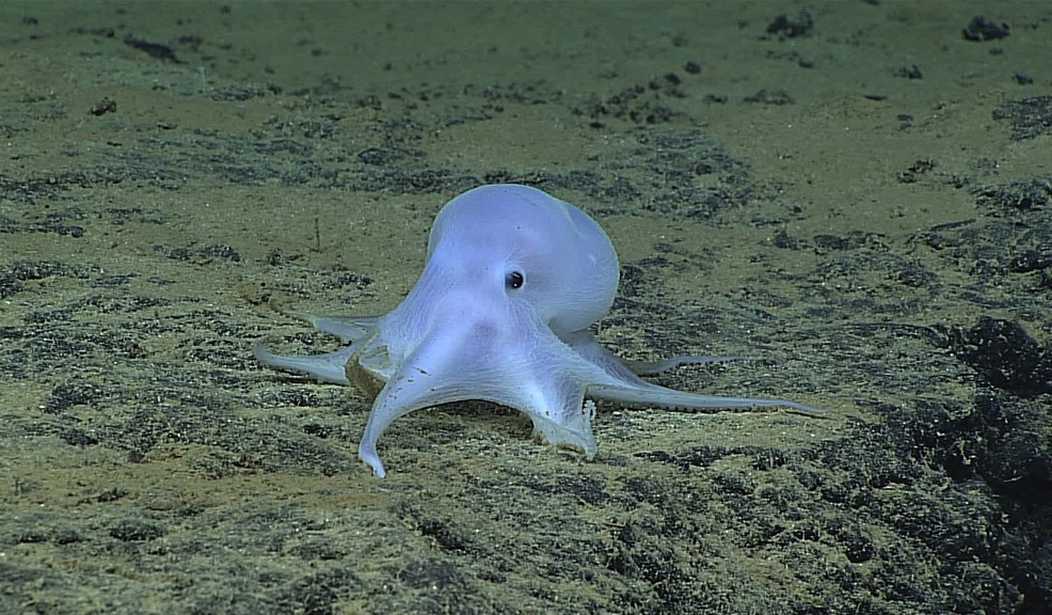Top News
Deep sea mining is suddenly cool again for some reason

Have you ever heard of The International Seabed Authority? I don’t recall having come across it before now, but it’s apparently a UN organization that oversees the regulation of the floors of the oceans. They have the ability to issue permits for various industrial activities in international waters, which generally means that no such permits are issued. But now, negotiations are underway to allow mining permits to be issued. But wait… what about the “delicate ecosystem” of the deep oceans? What about the whales and the endangered coral reefs? Too bad for them, apparently. We’ve got some batteries to build, people! (AP)
The International Seabed Authority — the United Nations body that regulates the world’s ocean floor — is preparing to resume negotiations that could open the international seabed for mining, including for materials critical for the green energy transition.
Years long negotiations are reaching a critical point where the authority will soon need to begin accepting mining permit applications, adding to worries over the potential impacts on sparsely researched marine ecosystems and habitats of the deep sea.
Here’s a look at what deep sea mining is, why some companies and countries are applying for permits to carry it out and why environmental activists are raising concerns.
Under discussion are three different types of mining that can be conducted remotely at the bottom of the sea. One involves sifting the sand on the bottom looking for “polymetallic nodules.” A second involves digging for sulfide deposits. And the final one is basically strip mining cobalt deposits from exposed rocky surfaces on the seabed. It’s all invasive and has previously been considered environmentally untenable.
So why would it suddenly be okay to do this again? Because we need increasing quantities of nickel, cobalt, and rare earth metals to make the next generation of batteries for “green” technology projects. These elements are uncommon and China controls a lot of the places they are found, but nobody can lay claim to the entire sea floor.
So if you want to drill a single hole in the floor of the ocean to pump out oil, that’s a bad thing. It must be stopped. But if you want to strip mine whole sections of underwater mountains, that’s just fine and dandy. Anything involving fossil fuels must be regulated out of existence. But if you can attach some sort of “green energy” tagline to your project, as we saw with the wind towers off of the northeast coast with all of the dead whales washing up on the beaches, you’re good to go.
Scientists and manufacturers have been studying ways of “beating the battery barrier” for years. It has long been known that the supply chain of materials including nickel, cobalt, manganese, aluminum and lithium was weak and could impose significant production limits. But governments have been rushing forward with plans to eliminate gas-powered cars and trucks, replacing them with electric vehicles and apparently not giving much thought to the possibility that we were getting way out over our skis in terms of the technology required.
Because of that, typical liberal considerations and outcries fall by the wayside if you need to do something to feed the green energy machine. Just ask the right whales. (Assuming you can find one.)
Read the full article here


















